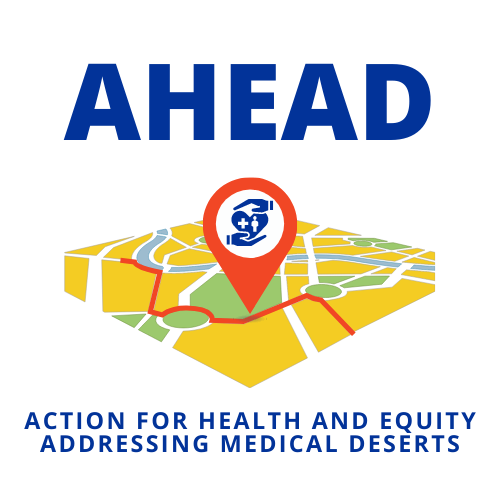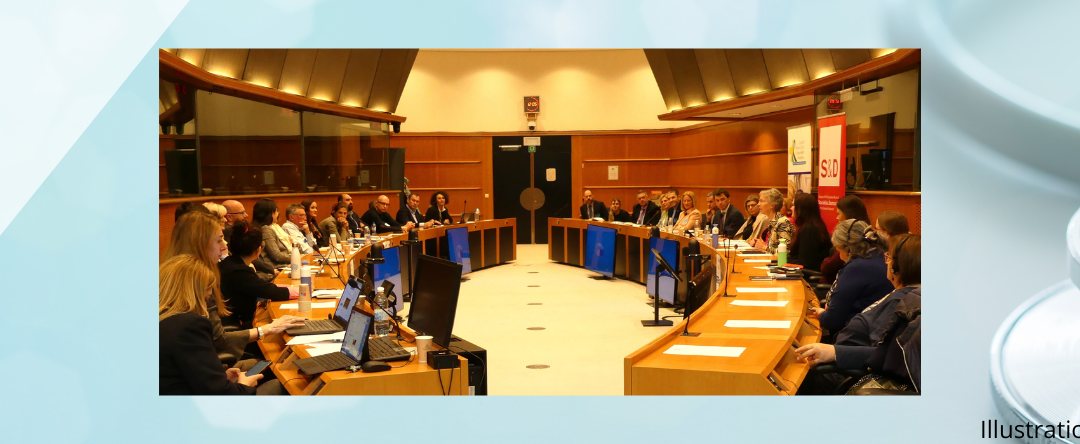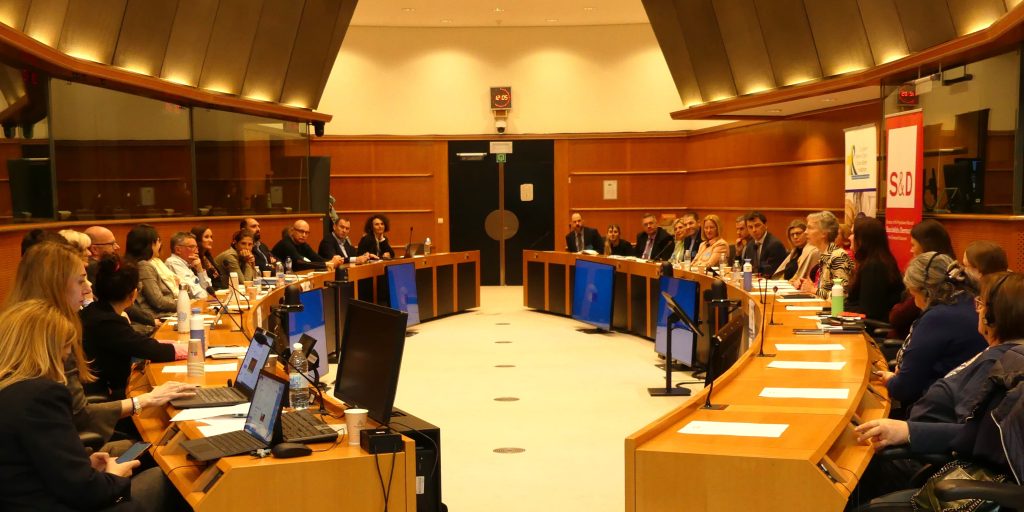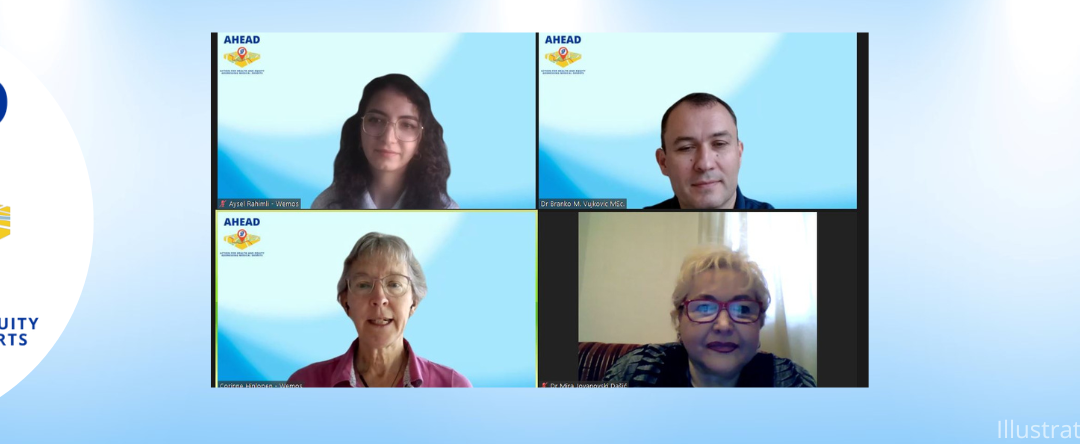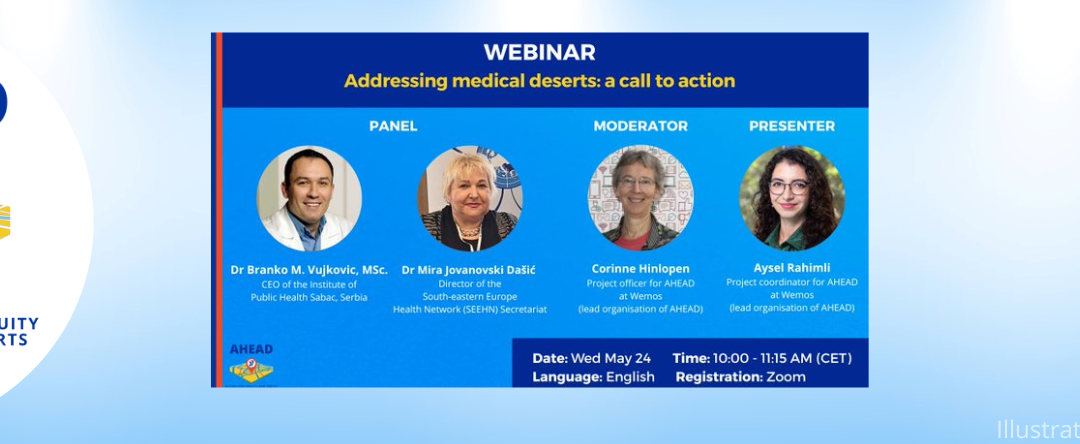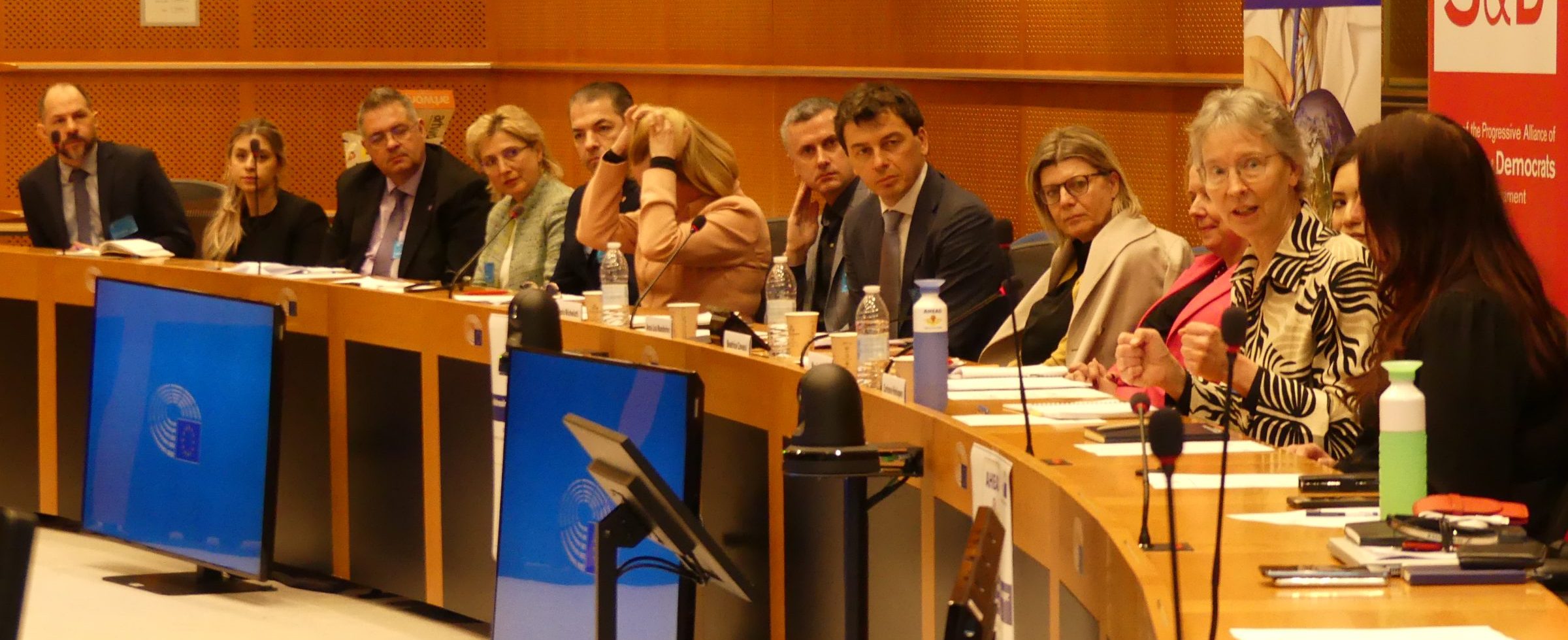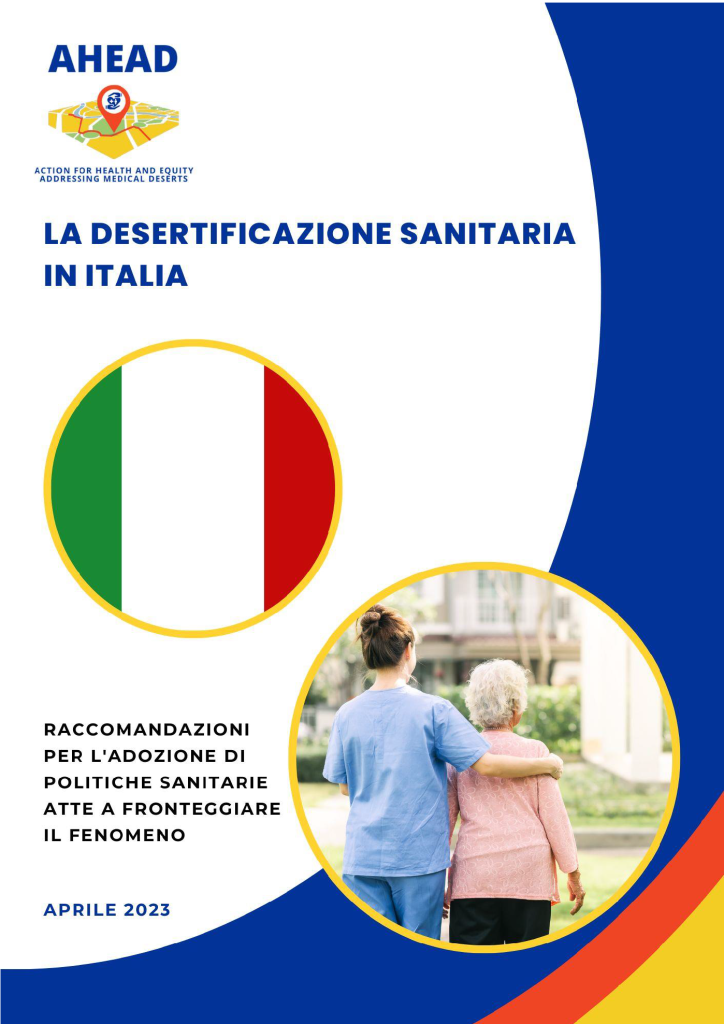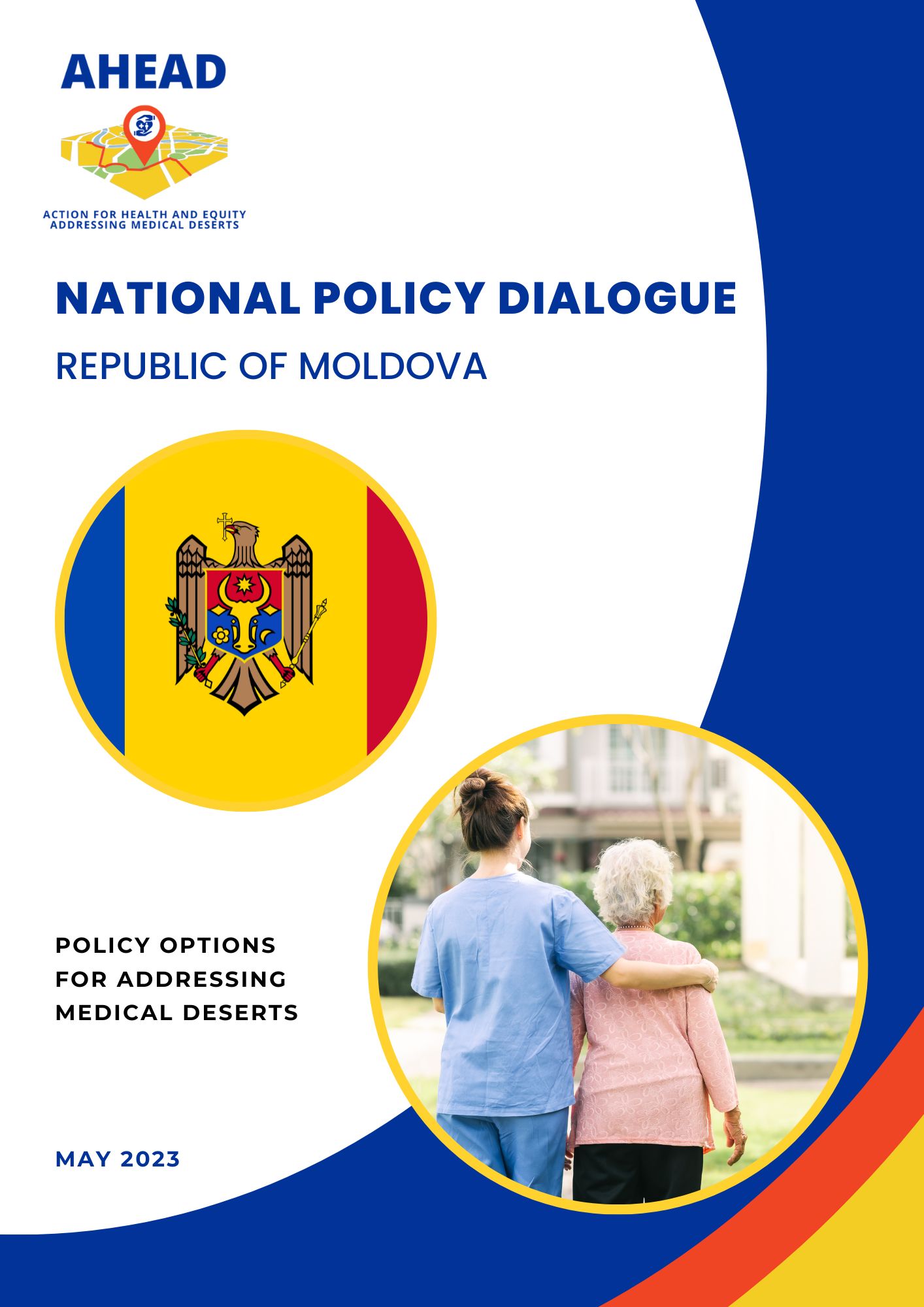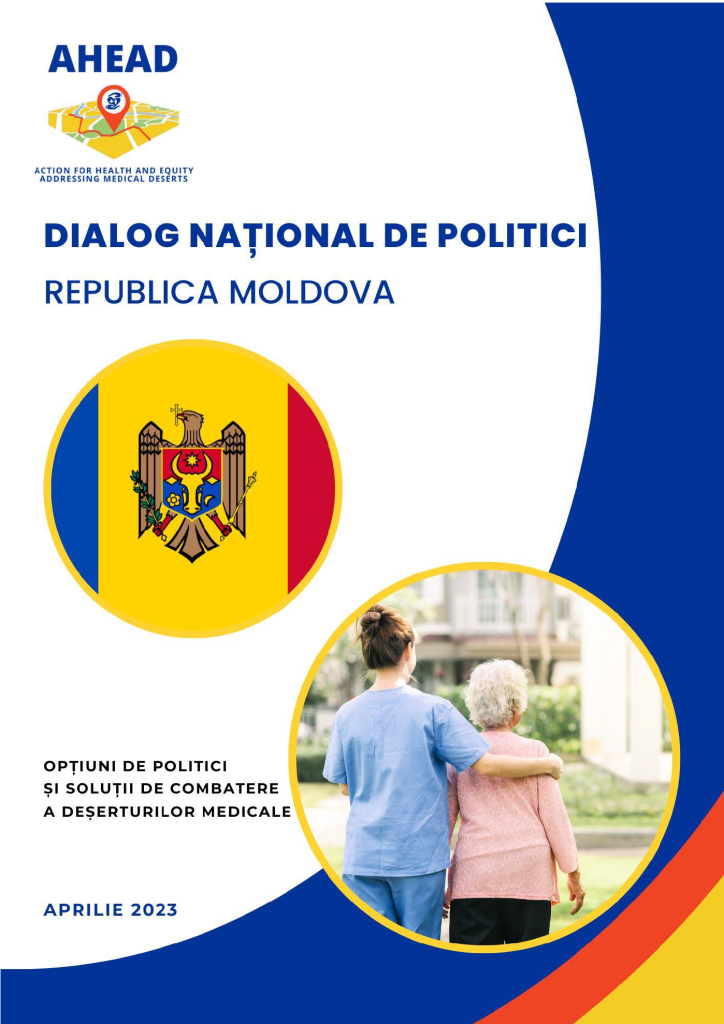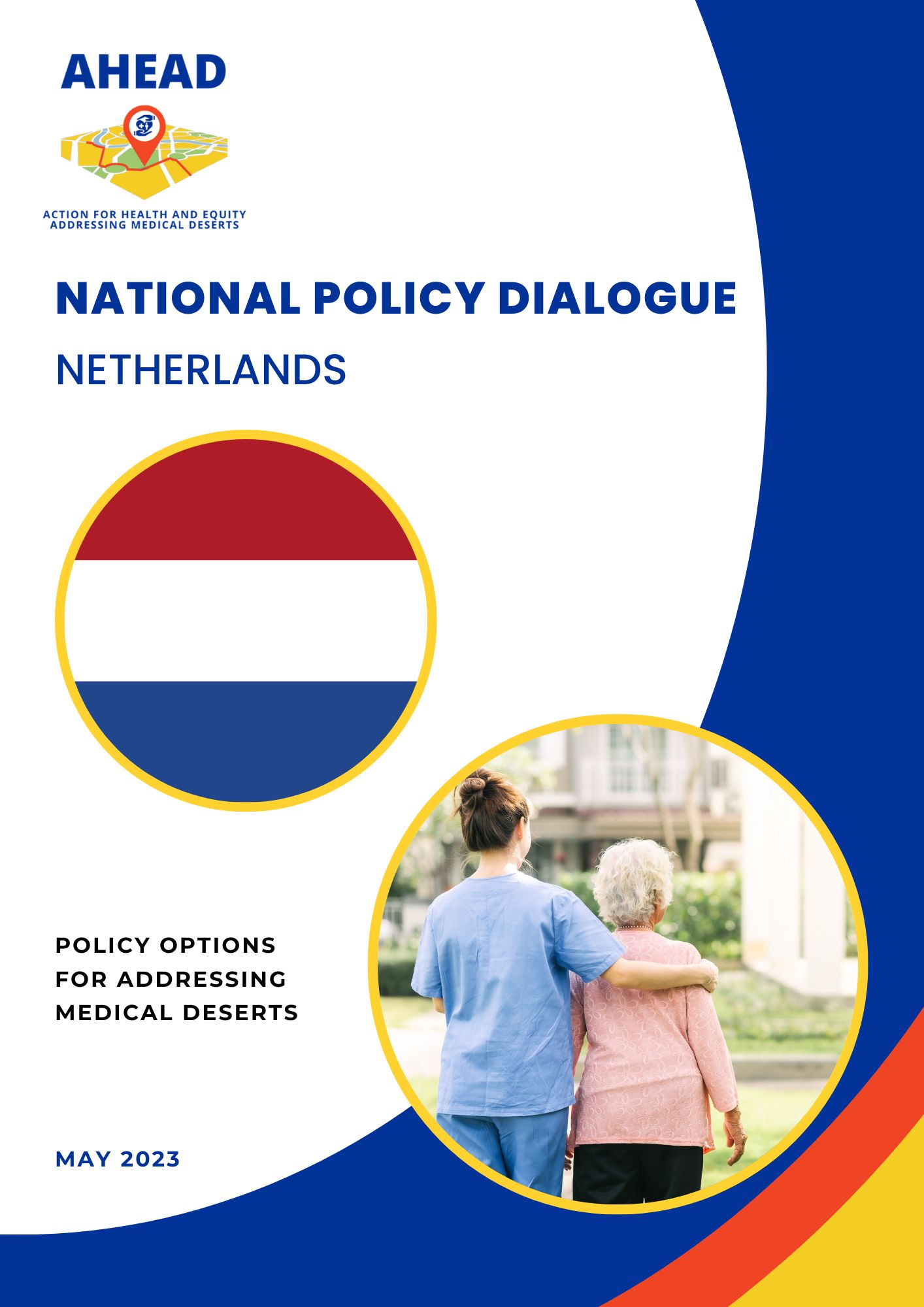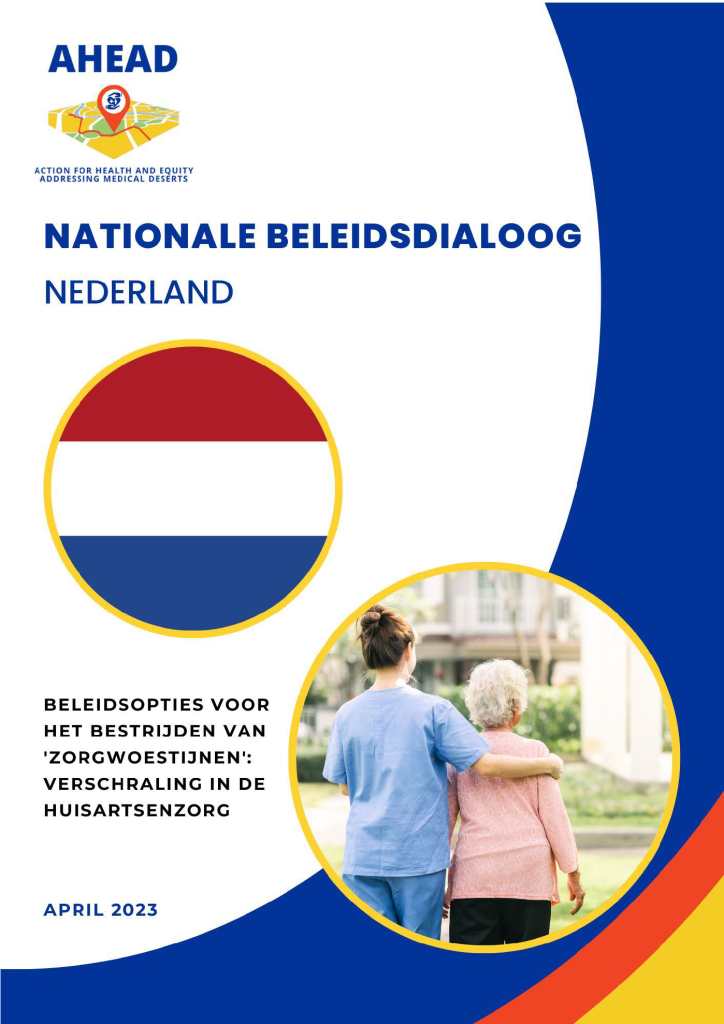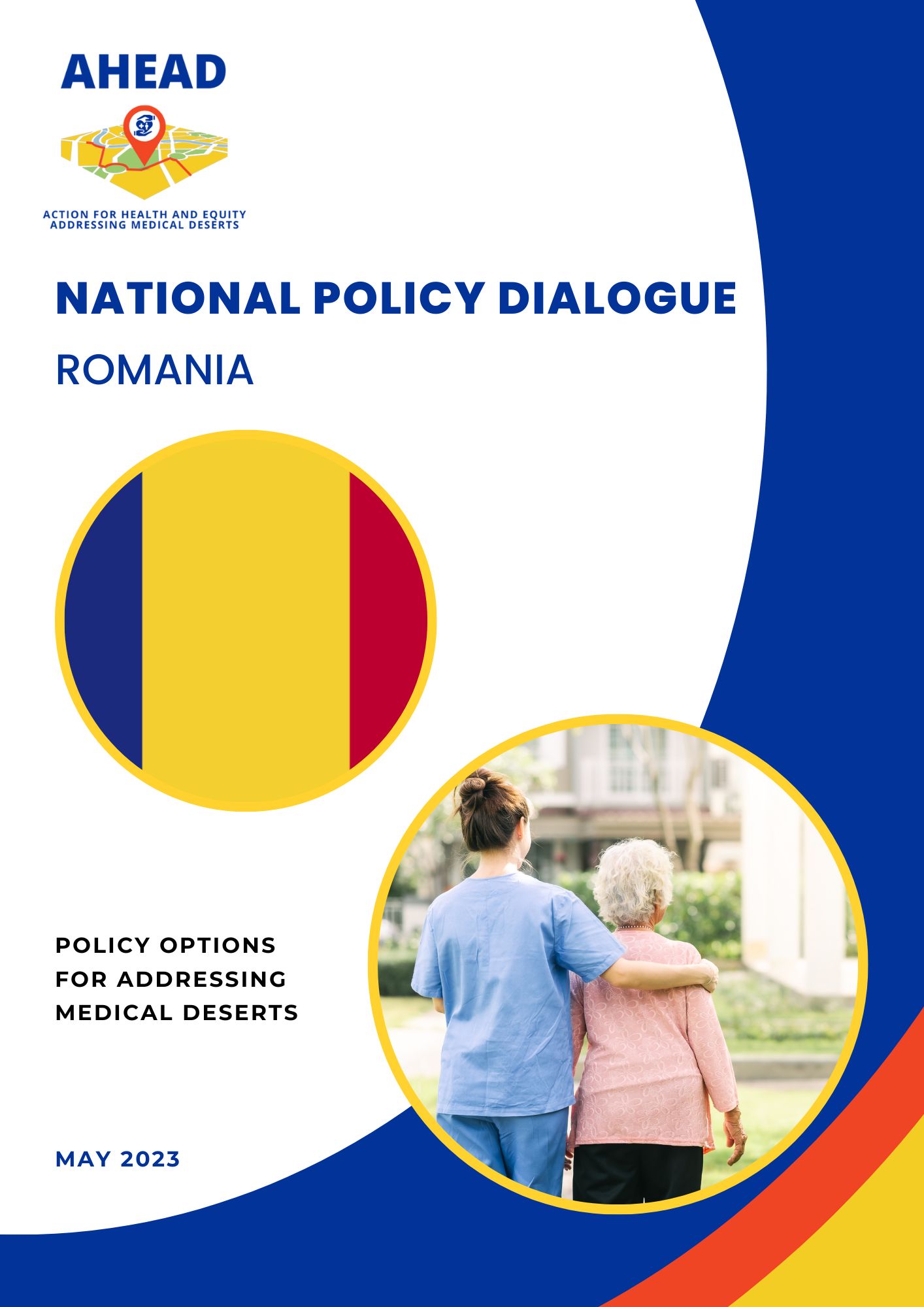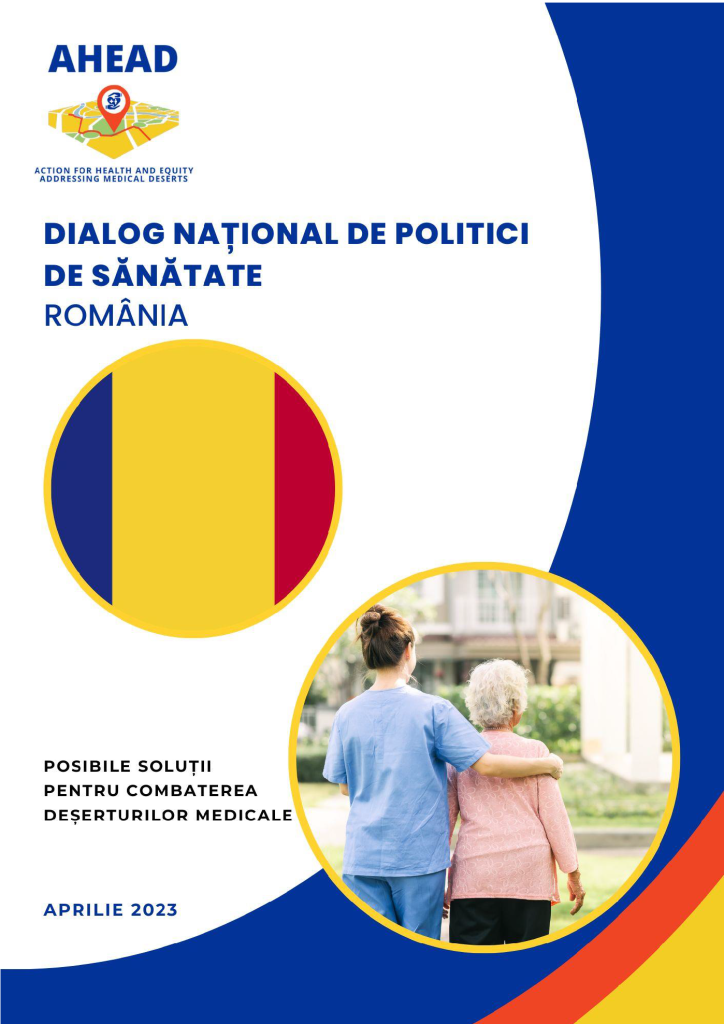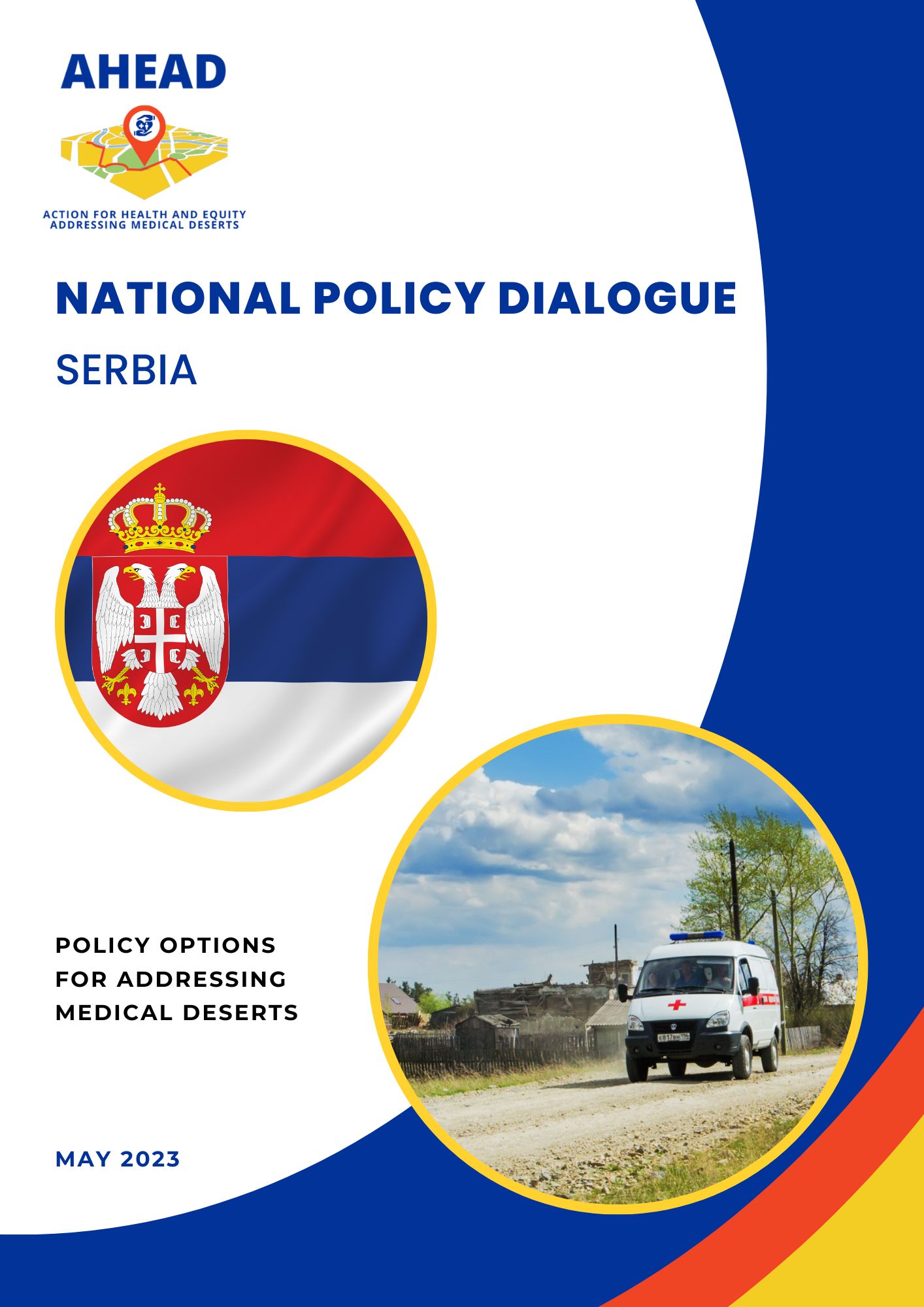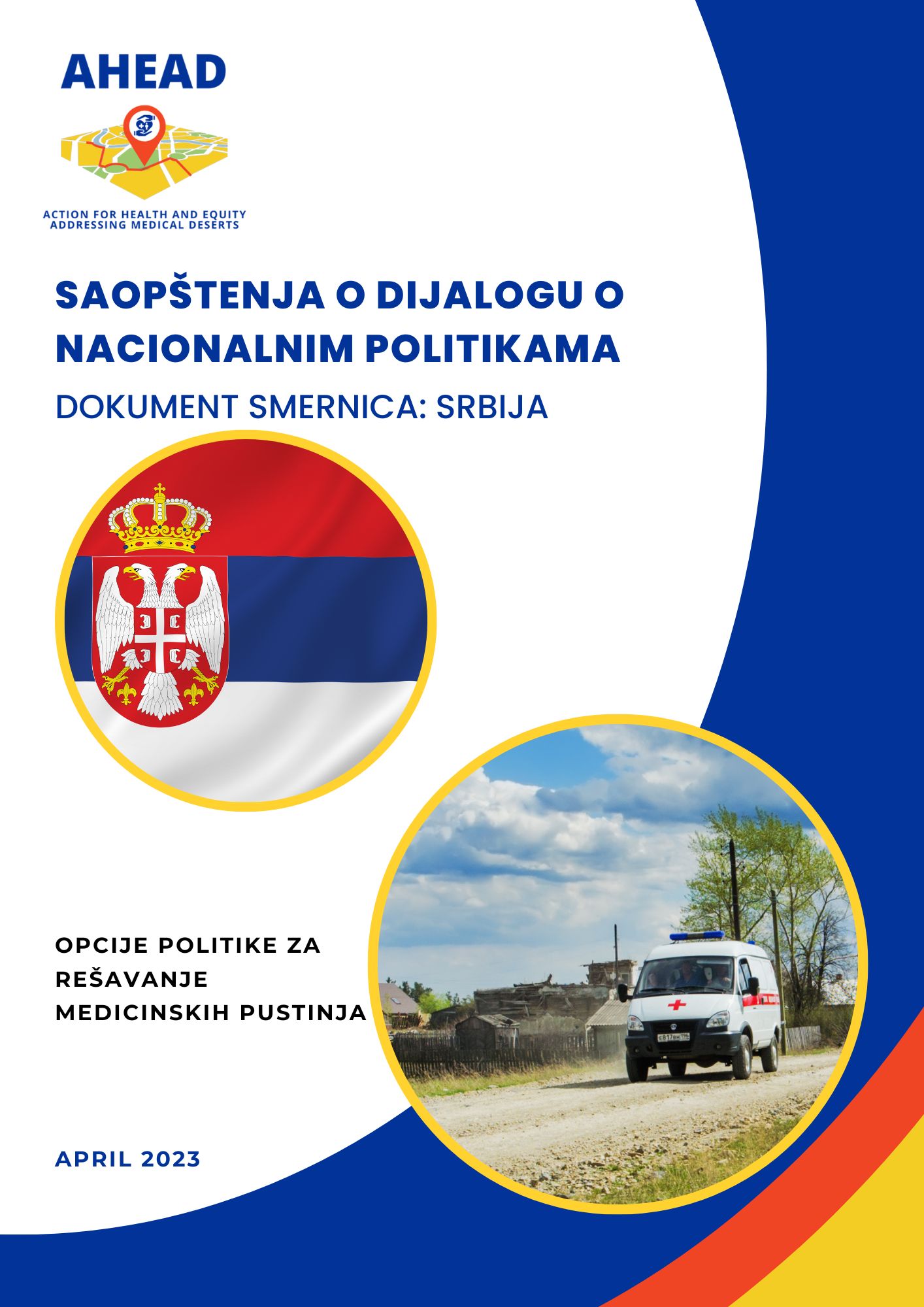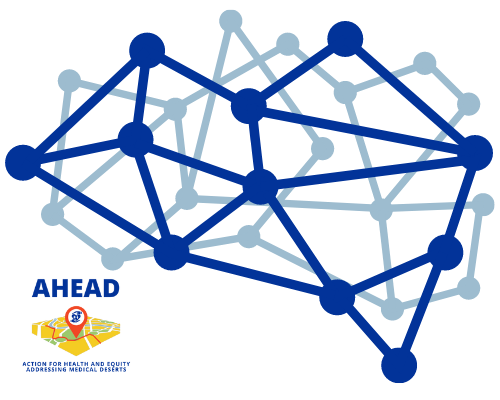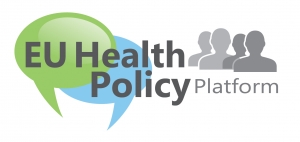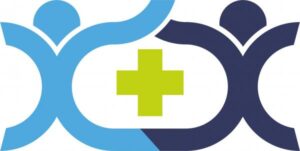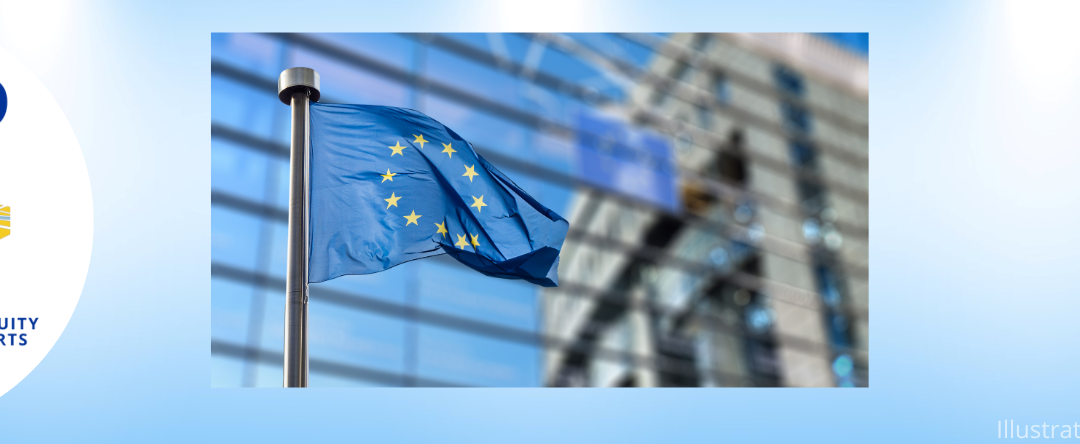
The Importance of Addressing Medical Deserts
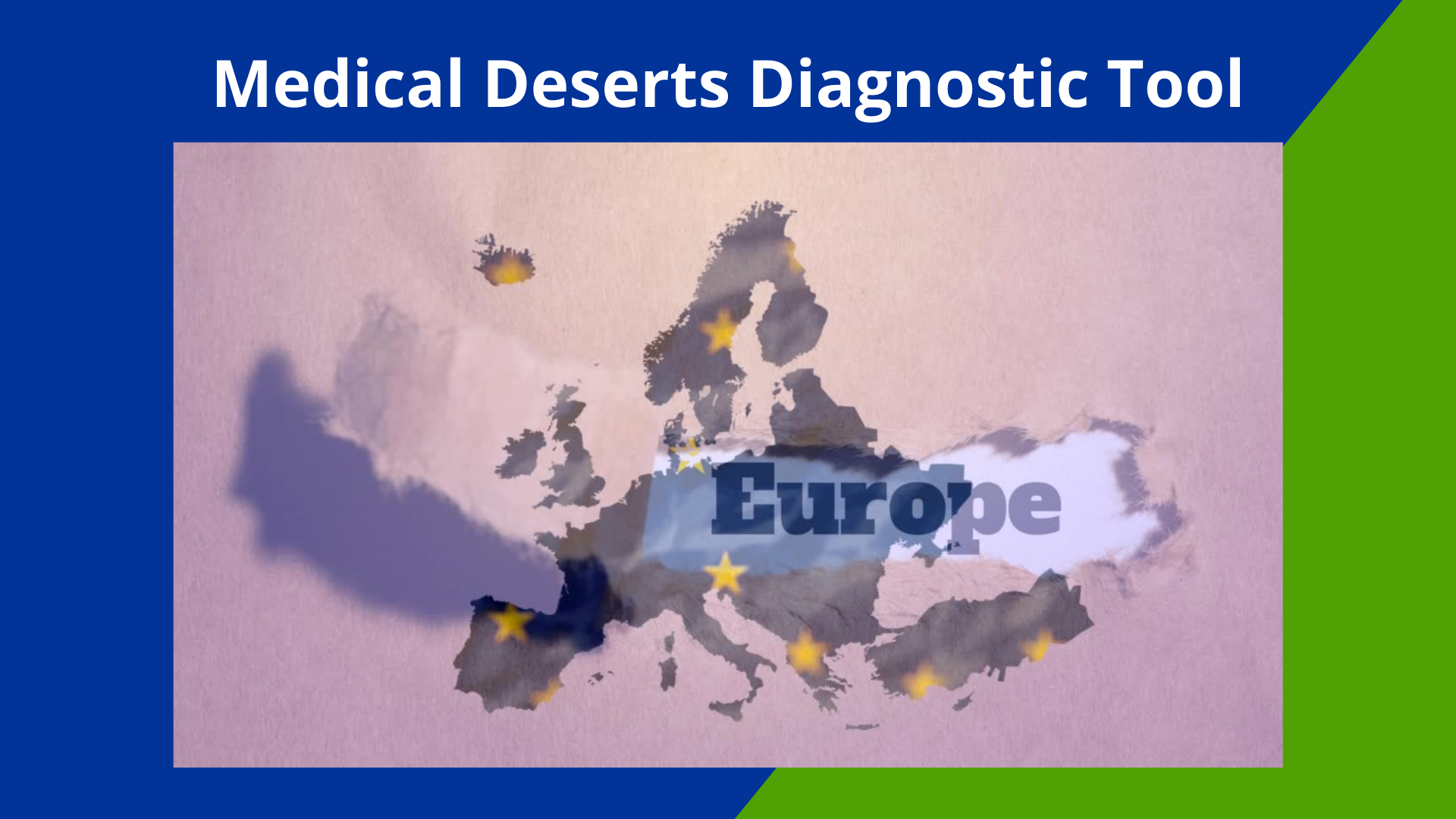
In today’s digital age, access to quality healthcare is still not guaranteed for all. Vast areas, often referred to as “medical deserts,” remain underserved, leaving millions without adequate medical attention. This is a pressing issue that requires urgent attention and innovative solutions.
The concept of medical deserts encompasses regions where the lack of healthcare facilities and professionals forces residents to travel long distances for even basic medical care. This not only endangers lives but also exacerbates health disparities, particularly in rural and economically disadvantaged areas.
Our project at www.ahead.health is dedicated to combating the widespread issue of medical deserts. By leveraging technology, community engagement, and strategic planning, we aim to build sustainable healthcare systems that bridge the gap for those who need it most.
Key aspects of our project include:
-
Telemedicine Solutions: Implementing telemedicine services to provide remote consultations and follow-ups, making healthcare accessible without the need for travel.
-
Mobile Health Units: Deploying mobile clinics that can reach the most isolated communities, offering essential health services directly to the doorsteps of those in need.
-
Training Local Healthcare Workers: Empowering local residents with medical training to create a reliable and permanent medical presence within their communities.
-
Infrastructure Development: Working with local governments and organizations to build and sustain healthcare facilities in underserved regions.
-
Community Education and Awareness: Promoting health education and preventive care through community programs to improve overall health outcomes.
Addressing medical deserts is not just about providing immediate care; it’s about creating long-term, sustainable solutions that ensure equitable healthcare for all. By focusing on these neglected areas, we can make significant strides towards health equity, reducing disparities, and improving the quality of life for countless individuals.
Visit us at www.ahead.health to learn more about our initiatives and how you can support our mission to eradicate medical deserts and make quality healthcare accessible to everyone, everywhere.
